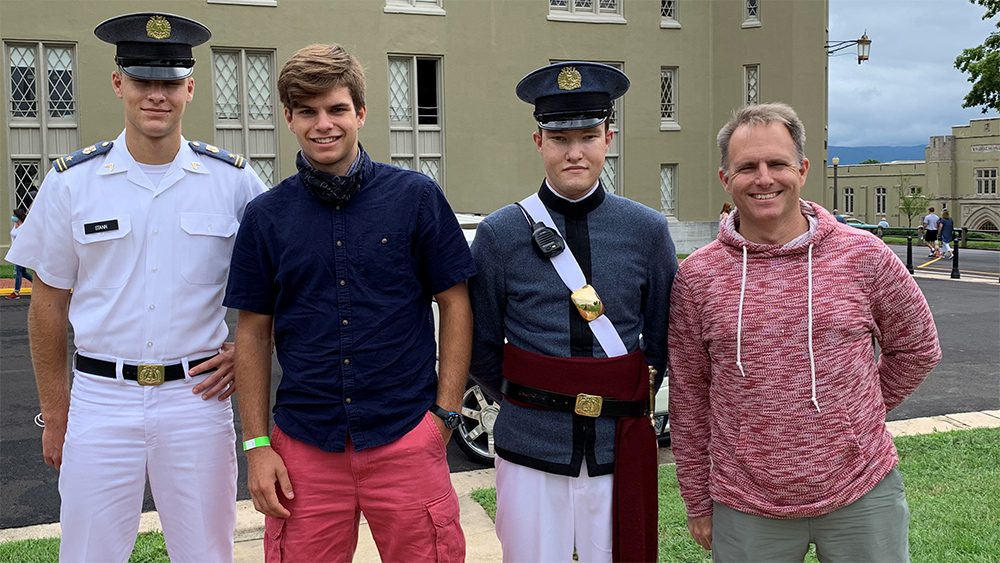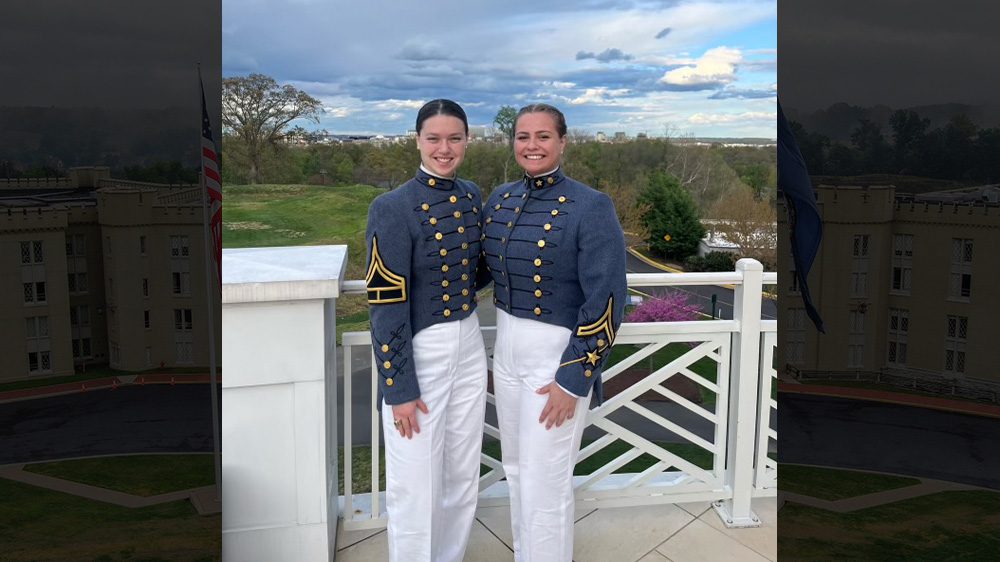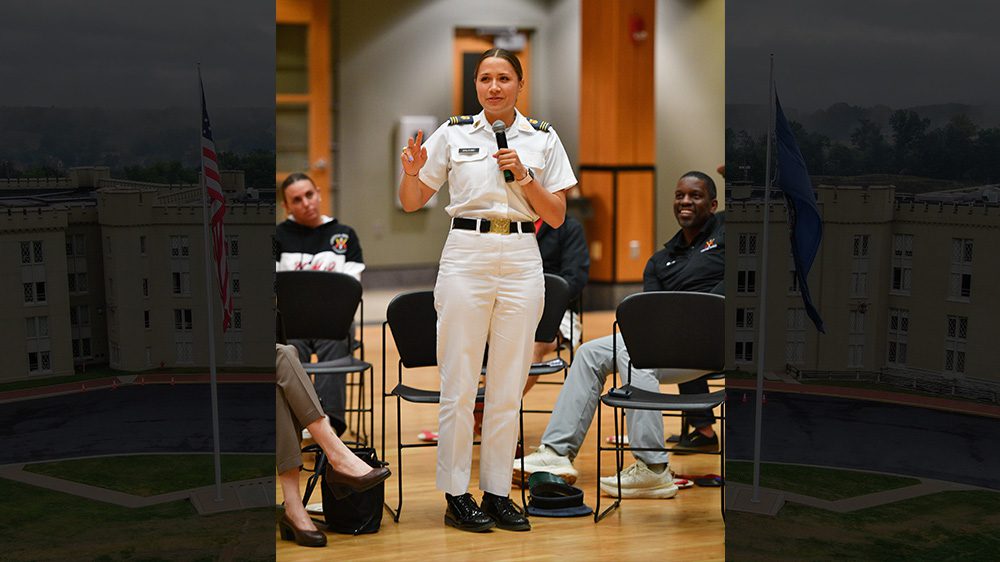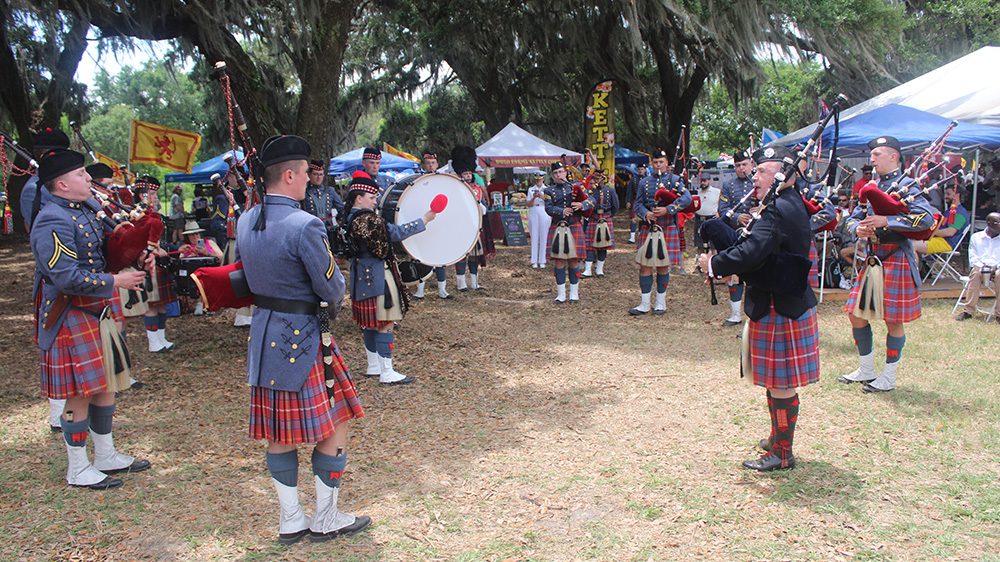While his sons were cadets, Stann’s approach was to be “available with support – to include brownies, which I learned to bake – and sage advice when asked, and since I had been through the process, they actually asked.” Before they matriculated, however, he provided them with one bit of unsolicited information. “I told them to keep their eye on the goal, and the goal was not to go to VMI but to graduate from VMI.”
John ’95 remembers a no-nonsense warning. “My father told me that VMI was a great school to be from, and that I had four hard years of work ahead of me to graduate. He also told me to study hard and respect the Honor Code.”
Matthew and Luke both recall that their father gave them much the same advice before they matriculated. “It was solid advice then,” said John ’95, “and it’s solid advice now.” Furthermore, their grandfather’s advice was much the same as he provided their father. Matthew recounted that both men told the boys to keep focused on academics and to try hard. “My grandfather also told me that the object is to graduate.” Luke recalls the same advice from his grandfather, as well as some more practical advice, such as breaking in his shoes. “My father’s advice was to plan well and be smart about my choices.”
For Stann, the experience of watching his grandsons matriculate brought back a familiar feeling. “I again have to endure the suspense of watching them move toward the goal of graduating. I know that all three have what it takes academically and physically to get to the end of ‘the road less traveled.’ The question, therefore, is: Do they have the resolve to do so?”
There are many benefits to having sons and now grandsons in the Corps, one of which is keeping up to date on cadet life. “Our get-togethers always include comparisons of daily life in barracks: How it has changed – barracks rooms have thermostats now – and how it hasn’t – time management is still important, and the Honor System remains strong. I count myself lucky to have that information, and I wish all alumni did.”
For Luke and Matthew, there is another aspect of being a legacy: Having brothers in the Corps. Luke says it is interesting to be somewhat familiar to upperclassmen. “All the 1sts know me; to them, I’m Jack’s brother. All of my sergeants know my brother.” For Matthew, having brothers in barracks is “just as big of a deal as being the son and grandson of alumni.” Certainly, being in the same company as his older brother provided him an interesting experience. “During my admissions visit, I stayed in my brother’s room and met all his friends in the company – months later, they were my cadre corporals.” With Luke’s matriculation, he notes, he’ll have another extraordinary experience: Having a brother in the Corps for his entire cadetship.
I asked if their status as legacies is something they often think about. “It crosses my mind every now and then,” said Matthew. “For example, Captain Riester ’78 in the civil engineering department taught both my father and my uncle, and now he’s teaching me. More directly, my class ring will have the same stone as my father’s and grandfather’s. Also, I am the platoon sergeant in the same platoon in Bravo Company as my grandfather was.”
Luke admits that, with his cadre and others often talking about his brothers, he can’t escape that aspect of being a legacy. Yet, as he walks in barracks and other places on post, he thinks of the other aspect. “I’ll walk into a room and think, ‘My father probably was here.’ I’ll pass through Jackson Arch and think, ‘This is something my grandfather did, too.’ And that gives me motivation to keep going, to uphold our legacy.”





